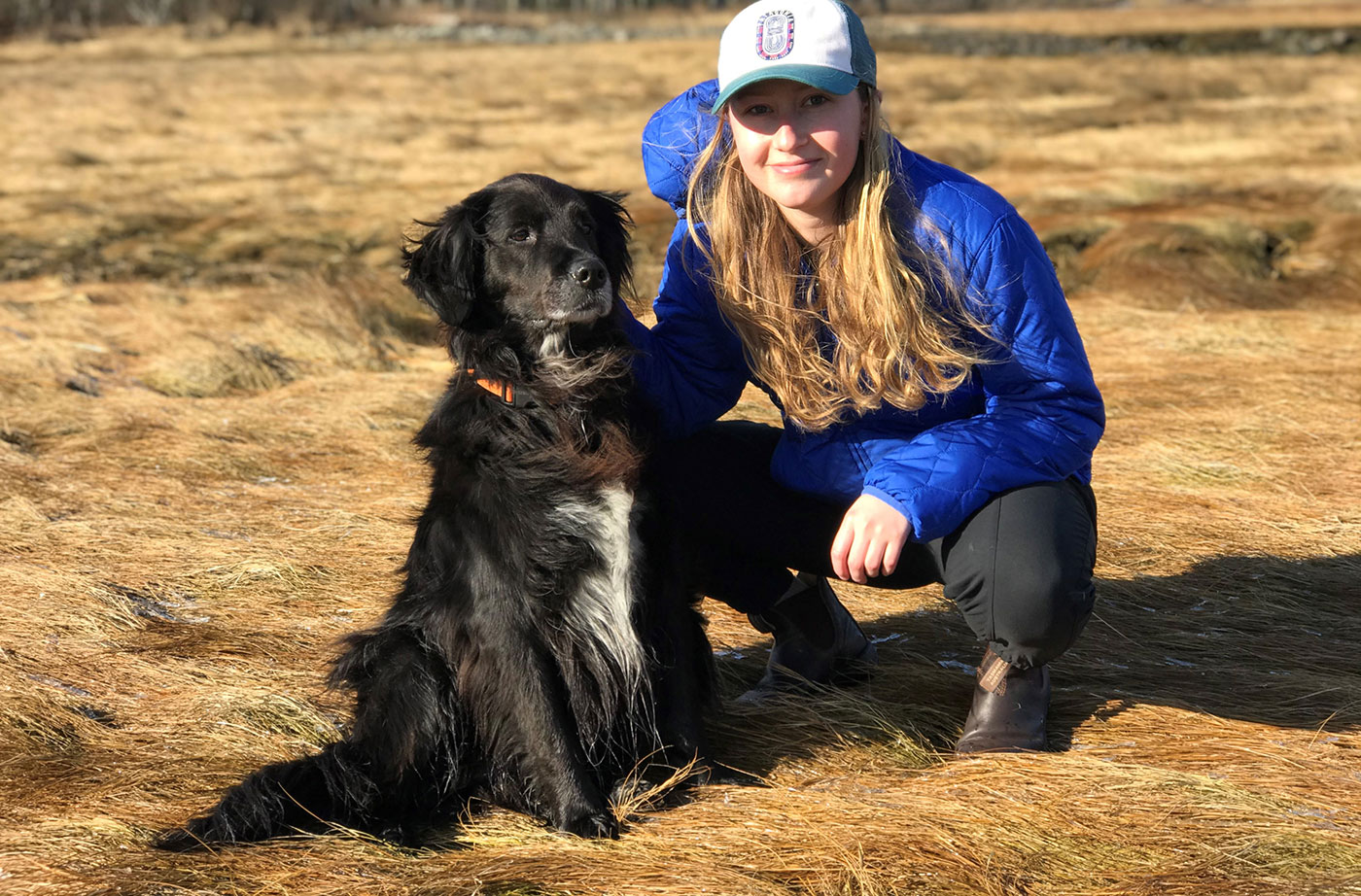As a college student attending a New England liberal arts institution, my understanding of environmental issues has sometimes been limited in scope. I learn about the global impacts of climate change; the cyclical nature of forming, passing, amending, and repealing policies at the federal level, and the difficulties that plague the entire world as we face the pressing issues of environmental degradation.
A question I often grapple with is, how do we make people care? In the isolated bubble of a liberal arts college, or in the echo chamber of social media, it feels as though most everyone is on the same page. But stepping outside of that bubble unveils the stark contrast of the world around me and the priorities that exist that differ from my own.
However, the global pandemic that the world is currently facing has unveiled a number of truths. It has revealed the cracks in our public health system, exposed flaws within basic infrastructure, and not only has it revealed profound vulnerabilities of communities, but it has highlighted the inequities that exist that have left some communities so much more vulnerable than others.
While protecting natural resources and combating climate change may feel utterly disconnected from the gravity of the crises our world faces right in this moment, coronavirus has also demonstrated the interconnectedness between the health of the environment and the health of our communities. Whether it’s having access to healthy outdoor spaces to take walks in, the importance of clean air to breathe to lower exposure to pollutants that put individuals at higher risk of contracting the virus, or finding ways to rebuild our economies in a green and equitable manner, the health of our ecosystems and the health of people are incredibly intertwined.

Photo courtesy of Ellie Batchelder
Interning at the Natural Resources Council of Maine (NRCM) these past two months has not only offered the opportunity to gain perspective on the inner workings of an environmental nonprofit (from a social distance), but it has enabled me to reframe my understanding of environmental problems and solutions through a localized lens.
Within the first week of my NRCM internship, I was sifting through dozens of news articles about municipal solar projects. Story after story, beyond the permitting technicalities and the zoning regulations, was a common theme behind every project: the driving support of these projects is the economic savings that towns will reap from investing in renewable infrastructure. Of course, there were environmental benefits to these projects, but towns across the state, from York to Strong, were pursuing these projects because of the economic benefits they would provide.
The recent announcement by MaineHealth to invest in 10 proposed solar projects to offset about 50% of its electricity illustrates how these initiatives will support both the people and the environment of Maine. The project will not only spark job creation in 10 different communities throughout the state, but it will also lower MaineHealth’s electrical bills by about $1 million per year. These savings can be reinvested into the services that the Maine hospitals provide and improve the care that MaineHealth delivers to residents of Maine.
In the current economic downturn that has been a result of COVID-19, we must consider the differences between returning back to “normal” and building back better. The very vulnerabilities that COVID-19 has exposed are the vulnerabilities that need to be addressed moving forward. Investing in renewable energy projects will create jobs, create municipal savings that can be reinvested into communities, and can be approached through a lens of justice and equity. In a time where communities across the state and across the country are feeling the effects of this crisis, we have the ability to rebuild the economy while acting for our environment and addressing the inequities that are present in every facet of our society.
So how do we make people care? We show people how these changes benefit them, their families, and their communities. Two months ago, I may have gone on and on about the benefits of reducing carbon emissions, and the need to do everything in our power to avoid the most catastrophic effects that climate change has in store. Those points, too, are important, but acknowledging the intersectionality of our environment, our economy, and our health shifts the perspective from seemingly intangible goals to real, meaningful actions. Here we are presented with the opportunity to take these actions to build toward a healthier and more equitable future.
—by Ellie Batchelder, NRCM summer intern from Colby College










Leave a Reply